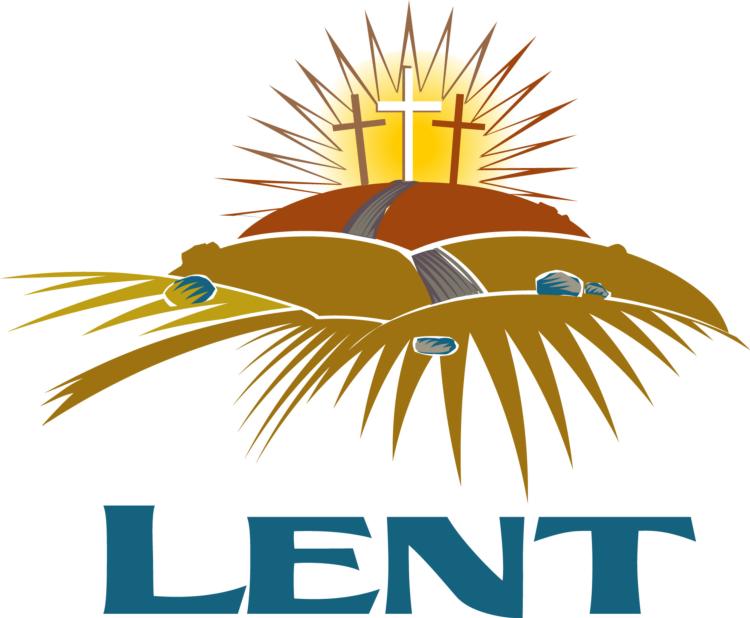
By Vinod John @johnvinod | February 20, 2021
We often hear the phrase “return to the Lord” especially during the Lent season. Unfortunately, it has become one of the phrases of Christianese that many people find meaningless and irrelevant today. Despite it coming across as a cliché, I invite you to read the book of Joel again (all three chapters in one sitting). I would like to share what returning to the Lord meant for Joel and his people in the midst of a locust plague that we have talked about and what it could represent for us amidst the current pandemic.
As we saw in the past two posts, “Return to the Lord” and “Calling all ministers of the Lord to Repentance,” prophet Joel was issuing this call to primarily three categories of people:
- The ordinary folks whom he calls “drunkards” (1:5),
- The group that suffered the most in terms of losing their crops, i.e., the “farmers” (1:11),
- And the clergy that could not sustain the liturgical worship at the temple, i.e., the “priests” or “ministers of the Lord” (1: 13).
Enjoying the prosperity and blessing of Israel, the people had become callous and were enticed into drinking excessively to the extent that prophet Hosea had to declare: “Wine and new wine take away the understanding” (Hosea 4:11 NRSV). Joel thundered:
Wake up, you drunkards, and weep; and wail, all you wine-drinkers,
over the sweet wine, for it is cut off from your mouth (Joel 1: 5 NRSV).
People did not limit their drinking just to the wine as the word “drunkards” does not refer to just ordinary wine drinkers; rather, in its original language, it refers to a strong or intoxicating drink. Drinking strong drinks and debauchery had become so widespread in those days that it constrained the prophet to call them “drunkards” even as he was calling them to return to the Lord.
Joel calls “farmers” to return to the Lord mainly because they had slipped into practicing fertility cults prevalent around them.
Joel then calls the “priests” to return to the Lord, because they, too, had failed in their ministry of keeping the worship and liturgy holy to the Lord.
However, what does it entail to “return to the Lord?”
First of all, the call to return to the Lord indicates that the covenant is broken through people’s disobedience. It means the people of God have rebelled against Him and his law. For a detailed description of the sacrilegious rebellion, please see the book of Amos and Hosea.
Second, by inviting people to return to the Lord prophet Joel means turning away from their immoral and wayward life and walking back to their covenant God Jehovah! His call is precise. They must unambiguously make their way back to Jehovah, and not just to any god or any religious cult:
Yet even now, says the Lord,
return to me with all your heart,
with fasting, with weeping, and with mourning;rend your hearts and not your clothing.
Return to the Lord, your God,
for he is gracious and merciful,
slow to anger, and abounding in steadfast love,
and relents from punishing. (Joel 1:12-13 NRSV)
Third, a genuine return to the Lord must be accompanied by distinguishable signs that everyone may be able to see. Joel says, some of these signs are: fasting, weeping, and mourning over their sins and disobedience (Joel 2: 12).
Fourth, the result of returning to the Lord is a changed life. And it must be seen in one’s worship and service of God (2:14).
Fifth, a genuine return to the Lord implies abandoning not only our sinful ways, but also forsaking our idols, whatever they may be in either material or ideological form. It means acknowledging the covenant God as the only God to believe, worship, and serve. Joel stresses that the returning devotees must recognize what Jehovah says: “I am your God and there is none else” (2: 27 and 3:17). In fact, for this emphasis, in just three chapters of his book, Joel repeats the phrase “your God” seven times (indicating perfection in the Hebrew Bible)! In the aftermath of a locust plague this was a huge assurance that people needed that God has not abandoned them, despite their rebellion and sins; however, he is still their God if they would return to him in penitence.
Finally, a sincere return to the Lord would result in an unprecedented outpouring of the Spirit of God upon His people (2: 28-29) to declare that God loves the contrite hearts and would dwell in their midst through His Spirit, if they truly repent and return to Him. The gift of the Holy Spirit would be the greatest blessing to people.
In the midst of our current pandemic, I believe God has provided a unique opportunity to us, especially during Lent, to sincerely return to the Lord as Joel proclaimed to the covenant people. And in doing so, may we too receive the gift of the Holy Spirit to abide with us. I hear a great deal about revivals breaking out here and there all the time; however, let us be clear, there is no revival, no renewal, and no pouring out of the Holy Spirit without the genuine return to the Lord. Amen!
For a paperback, please contact vinod@vinodjohn.com
Leave a Comment

